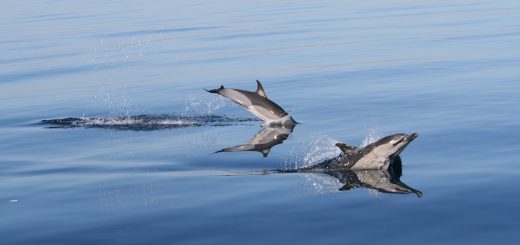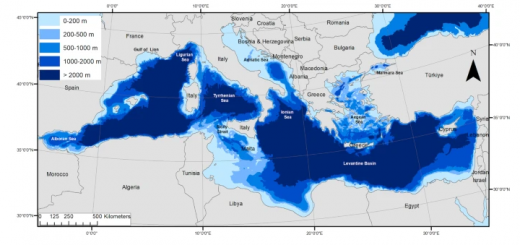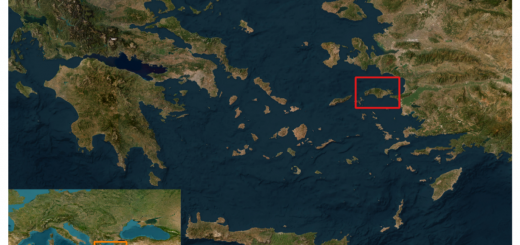The creation of MEDACES aimed at centralising the information of cetacean strandings on the Mediterranean coast. This initiative requires the co-ordination among the national stranding networks of the riparian countries to standardise data collection. The current situation of cetacean stranding monitoring varies greatly among Mediterranean countries. Some of them have national cetacean stranding networks and keep databases encompassing either all or part of the coast. The national stranding networks of many of these countries involve governmental bodies and have been in operation for the last 10 years. National, regional or local departments of the environment or fisheries, as well as public and private research institutions (universities, marine institutes, etc) and NGO’s are involved in such networks. By contrast, the degree of coverage in other countries is either inexistent or episodic (RAC/SPA 1998).
This situation obliges to devise two levels for data collection: one of basic information not requiring complex infrastructure and another of advanced information requiring specialised staff and more sophisticated infrastructure. These levels have been defined by a Scientific Committee formed by experts of the Mediterranean countries appointed by the Regional Activity Centre for Specially Protected Areas. Moreover, Geraci and Lounsbury (1993) work and additional information from stranding networks of Mediterranean and non-Mediterranean countries (see About MEDACES/Collaborators) have been followed.
The contributions to MEDACES would be sent annually, either by the national co-ordination centres or by individual institutions of the countries involved. MEDACES also incorporate already-published information in scientific journals or technical reports. Therefore, MEDACES includes a catalogue of publications on Mediterranean cetacean strandings (see Documents/Papers on strandings). The contributing bodies would agree beforehand on the rules governing the use and intellectual property of the database information following the deontological code (see About MEDACES/Deontological code).
The co-ordinating database of cetacean strandings would guarantee free access to the information, particularly through this web site hosted by the University of Valencia. The information would be available in English.
MEDACES would also serve as an advisory body to stranding teams in the area covered by the Mediterranean Action Plan. The database should either assist to solve relevant questions or to direct them to experts in specific fields concerning strandings of dead cetaceans.





